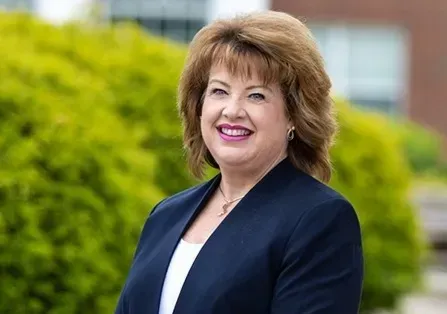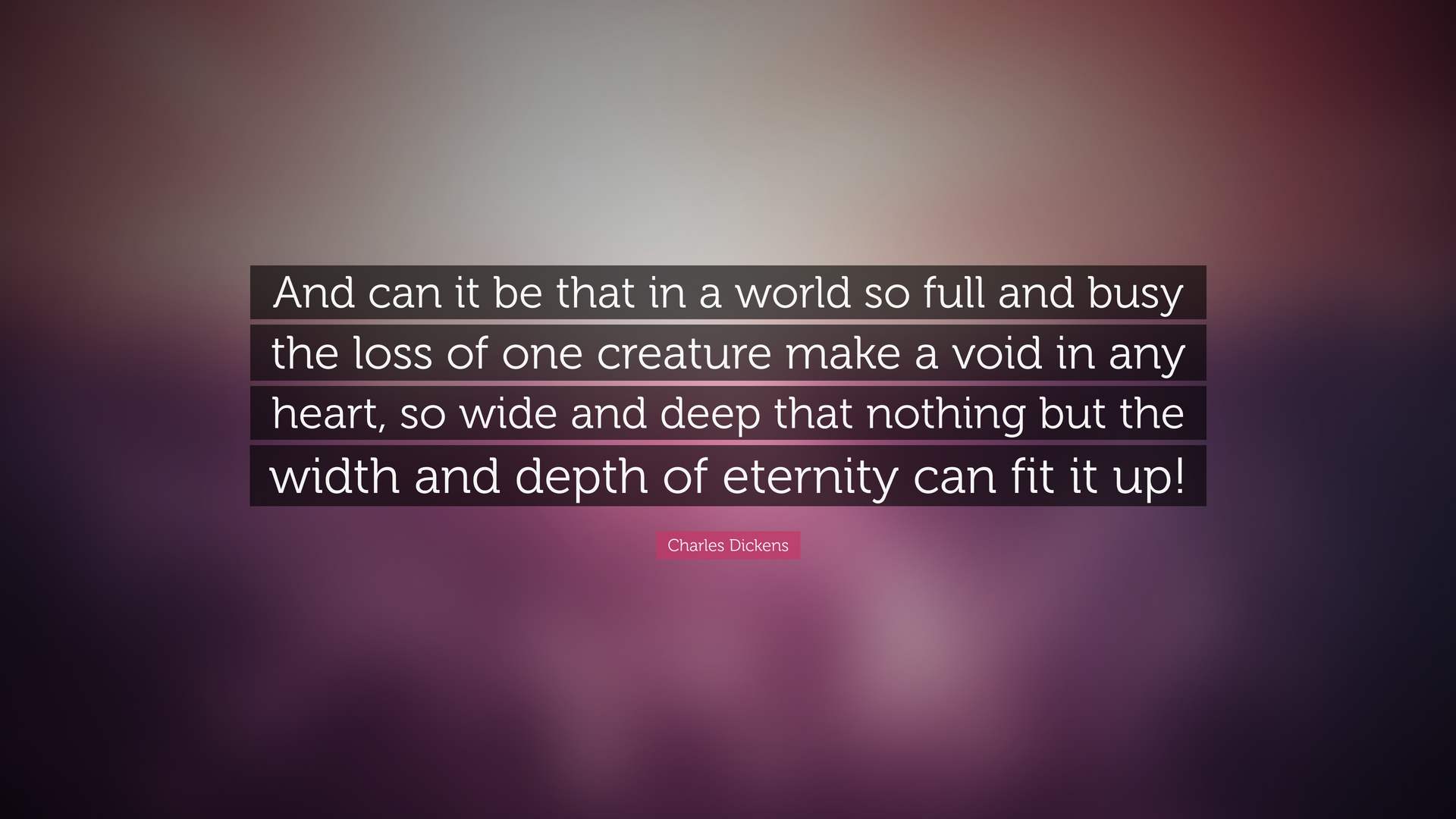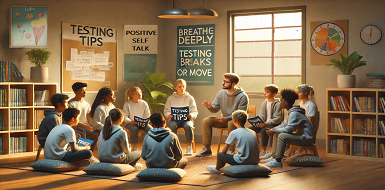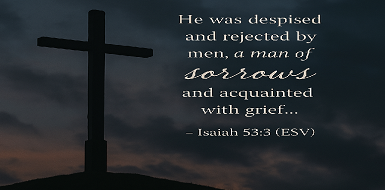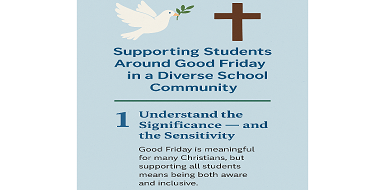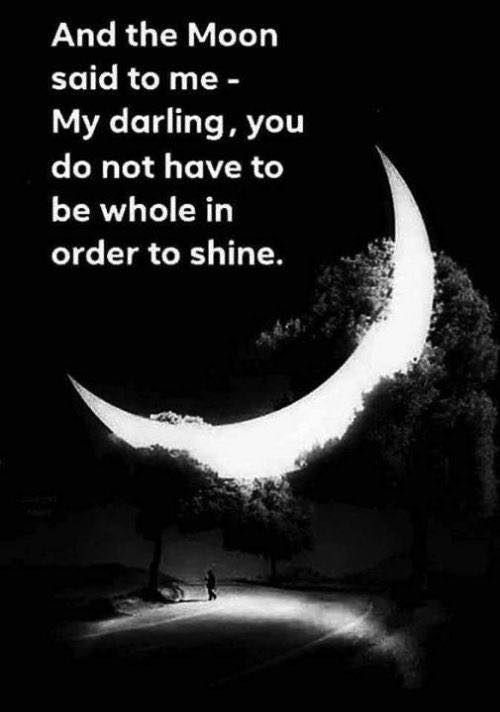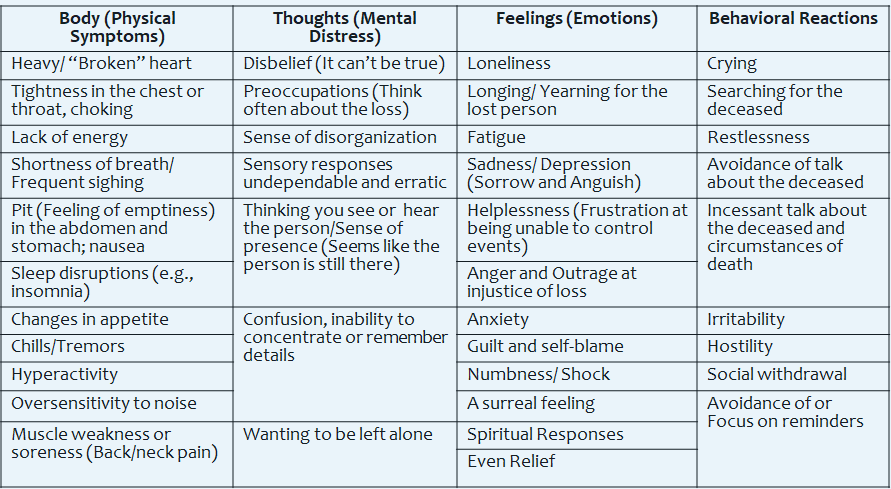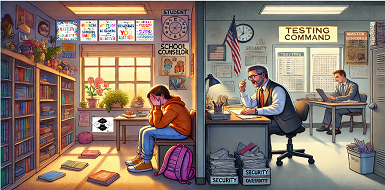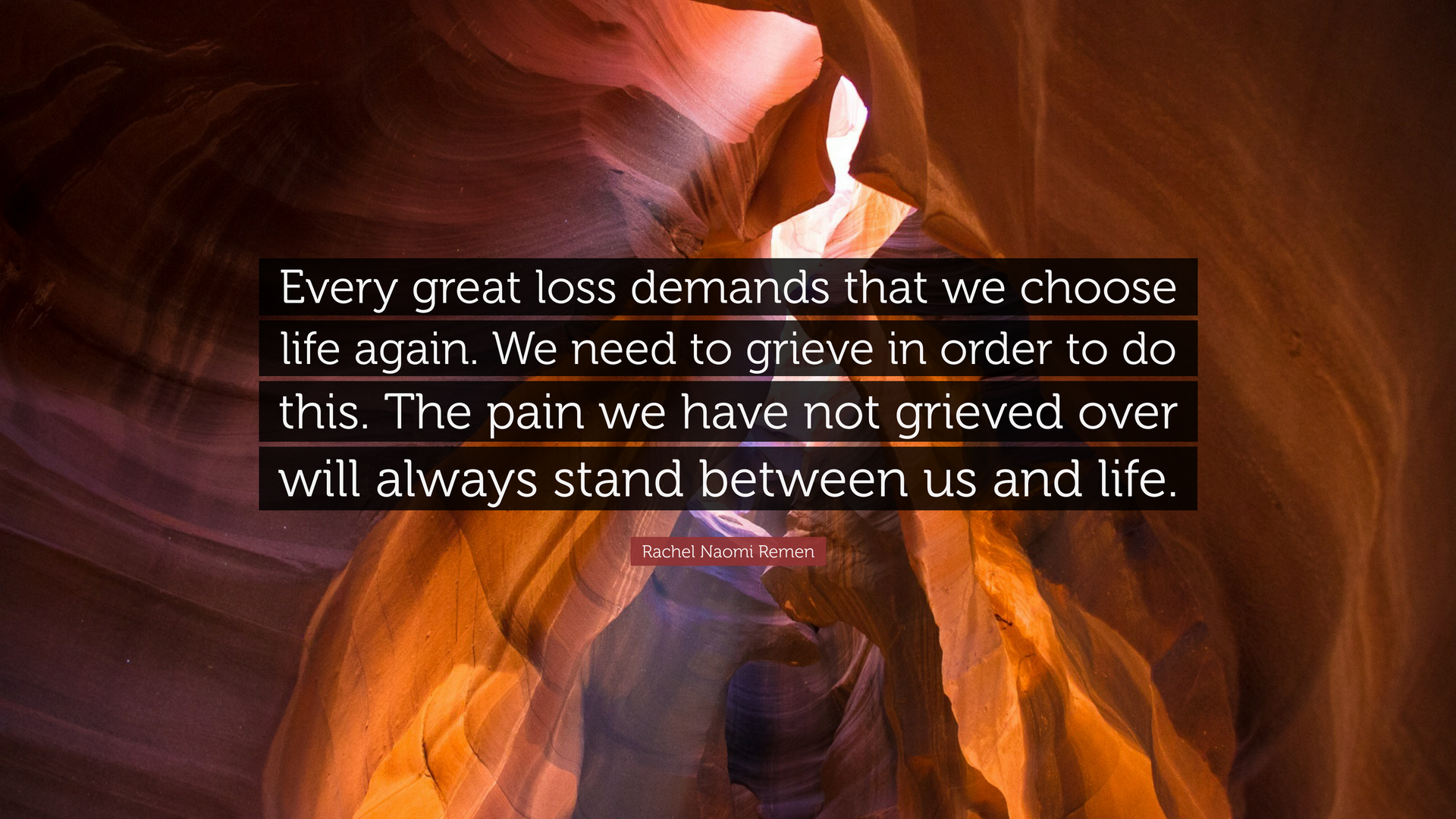Grief Changes Relationships
The Weight of Anticipatory Loss
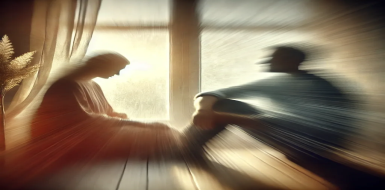
Grief is often thought of as something that comes after loss. But sometimes, the grieving process begins long before we say our final goodbyes. This form of grief, known as anticipatory grief, sneaks in when we know a loved one’s time is limited. It alters our relationships, our emotional responses, and the way we navigate the present, because we are already preparing ourselves for a future without them.
In the months or even years leading up to that final goodbye, something changes. The connection that once felt effortless can start to feel strained or distant, not because of a lack of love, but because we instinctively start protecting ourselves. When you know someone you cherish will eventually be gone — when you can already see that final sunset approaching — it can be terrifying. The thought of the pain that lies ahead is unbearable. To guard ourselves against that looming heartbreak, we begin to pull away, whether we realize it or not.
Anticipatory grief is a strange and heavy thing. You’re mourning someone who is still alive, still with you, but at the same time, you’re mentally and emotionally preparing for the end. This kind of grief changes everything. It affects the way you communicate, the way you show affection, and the way you prioritize time spent together. There’s this tension between wanting to hold on tight and savor every last moment and wanting to distance yourself, to shield yourself from the overwhelming sadness that you know is coming.
For me, it was the latter. In hindsight, I realize that I subconsciously began to put up a wall, piece by piece. I didn’t want to face the level of pain I was experiencing just watching him in pain, much less imagining my life without him. I think my mind thought if I could create some distance, it might hurt less when that final moment came. So, I guarded myself, retreated inward, and built an emotional barrier, trying to dull the intensity of the love we shared, thinking it would somehow make the impending loss easier to bear.
I regret giving into that fear, even if it wasn't on a conscious level. I regret it deeply.
The Silent Struggle of Two Hearts
What I didn’t realize at the time was that while I was pulling away, he was trying so hard to protect me from that very regret. He saw what was happening; he knew I was withdrawing. And yet, he continued to reach out, to bridge the gap. He didn’t want me to carry the weight of those missed moments or lost opportunities for connection. But we were both navigating this anticipatory grief in our own ways.
He was facing his death, preparing for the end of his life. I was facing a future where I had to live without him. Two different but parallel paths of grief, converging at the same point of loss.
The hardest part of anticipatory grief is that it plays tricks on your mind. You start thinking there will always be more time to make things right, that there will be another opportunity to say the things left unsaid, to be fully present. It has a way of distorting your sense of time. It’s the grief that begins before the loss, the pain that seeps into everyday moments long before you have to say goodbye.
I held onto that hope. I clung to the belief that there was still time, that somehow, against all odds, we weren’t at the end yet. In my heart, I believed that God was going to heal him this side of Heaven. Every day, I woke up expecting a miracle, holding out hope that we’d get to keep living the life we had dreamed of together. That hope kept me from facing the painful reality in front of me, and in some ways, it allowed me to avoid fully engaging with the grief that was already there.
But hope and denial can be two sides of the same coin. As much as I wanted to believe we had time, as much as I prayed for healing, part of me knew the clock was ticking. I just couldn’t bring myself to face it. I convinced myself that if I held on just a little longer, if I believed hard enough, God would intervene, and we’d escape the loss that felt so inevitable.
In holding onto that hope, though, I missed some of the moments I could have spent being truly present with him. Instead of accepting that we were nearing the end, I kept waiting for a shift, waiting for a sign that things were going to turn around. It’s easy, in the face of anticipatory grief, to fall into this trap—to believe that somehow, the future holds a miracle that will erase the pain and fear you're living with in the present.
I think part of the mind’s trickery is its way of protecting us from unbearable heartache. It’s almost too much to fully accept that someone we love is leaving us. So, we keep ourselves in this in-between space, not fully grieving yet, not fully embracing the present either. But in doing so, we lose some of the time we do have.
Looking back, I wish I had allowed myself to face the grief sooner. To accept the reality of the situation, even though it felt like giving up hope. There’s a balance between holding onto faith and preparing yourself for what’s coming, and it’s not an easy balance to strike. But in my case, holding out hope until the last minute meant I wasn’t always as emotionally present as I could have been. I was waiting for a future that wasn’t going to happen, instead of fully engaging with the present I had right in front of me.
Anticipatory grief plays these tricks on us, keeping us suspended between hope and reality, between denial and acceptance. And the hardest part is that, by the time we finally come to terms with what’s happening, it’s often too late to say the things we wish we had said or to be as present as we wanted to be. Grief isn’t just about the moment of loss — it’s also about the time leading up to it, and how we choose to spend that time with the people we love.
In the end, I know I loved him fully, and I know he felt that. But I also regret that I spent so much time hoping for a miracle that I didn’t prepare myself for the reality of saying goodbye. I wasn’t ready to let go, but in truth, no amount of time would have ever felt like enough.
But there isn’t always more time. And the more we pull away, the more we risk losing the precious moments that remain.
Grief Alters Relationships Before, During, and After
We think that by pulling away, we’re protecting ourselves from the crushing weight of grief. But in reality, we’re not saving ourselves from the pain; it’s just delayed. What we lose, instead, are the chances to share in the vulnerability of that moment, to walk alongside our loved one through their final journey, to be fully present for them even as they face their own fear and uncertainty.
When you love someone and know they are going to leave this world before you, there’s no way to protect your heart from the pain that’s coming. No wall can hold back the flood of grief that follows a deep, meaningful connection. But pulling away doesn’t make it easier. It only adds layers of regret that you’ll carry after they’re gone.
The Power of Staying Close
Looking back, I wish I hadn’t let fear of future pain dictate the way I showed up for him in the present. In his own way, he tried to protect me from this regret, to keep me connected even as we both silently suffered through the weight of his approaching death. We were both grieving; he for the life he was losing, and me for the life I would have to continue without him. But in that shared grief, we missed opportunities to comfort each other, to share those final moments more fully.
If you’re facing anticipatory loss, if you know someone you love is nearing their final sunset, I urge you not to pull away. As much as you may want to guard yourself, to shield your heart from the pain, staying close — being present — is the best way to honor the time you have left. You can’t stop the hurt from coming, but you can walk through it together. And in doing so, you’ll create memories that carry you through the grief, rather than regrets that weigh you down after they’re gone.
I am a school counselor turned counselor educator, professor, and author helping educators and parents to build social, emotional, and academic growth in ALL kids! The school counseling blog delivers both advocacy as well as strategies to help you deliver your best school counseling program.
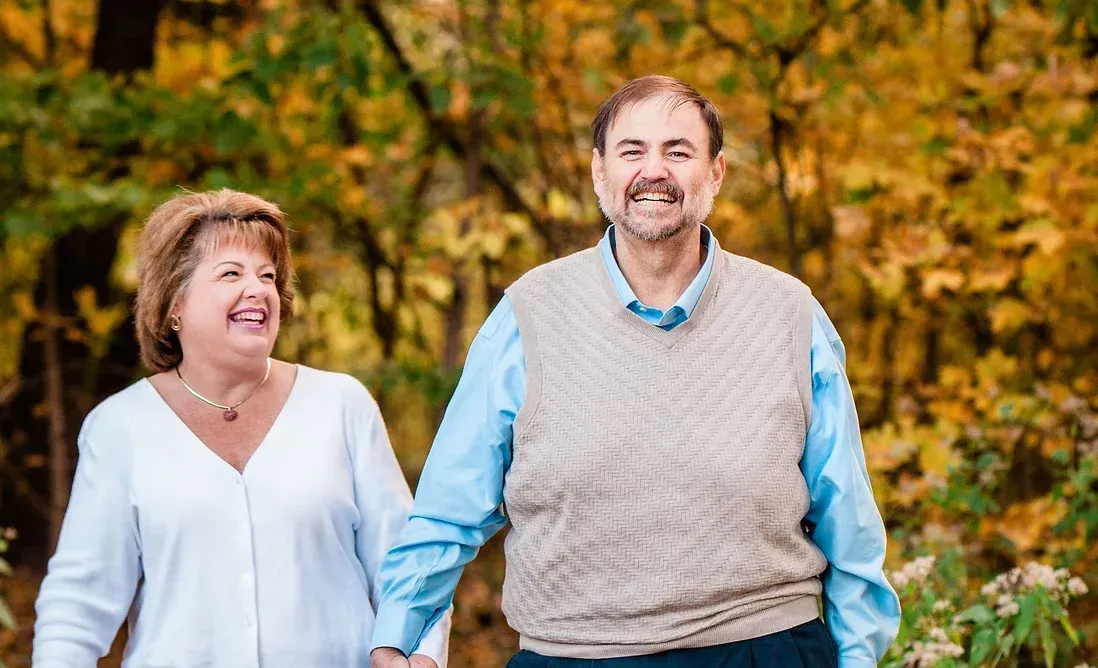
I'm a mother, grandmother, professor, author, and wife (I'll always be his). Until October 20, 2020, I lived with my husband, Robert (Bob) Rose, in Louisville, Ky. On that awful day of October 20,2020, my life profoundly changed, when this amazing man went on to Heaven. After Bob moved to Heaven, I embraced my love of writing as an outlet for grief. Hence, the Grief Blog is my attempt to share what I learned as a Counselor in education with what I am learning through this experience of walking this earth without him. My mission is to help those in grief move forward to see joy beyond this most painful time.
